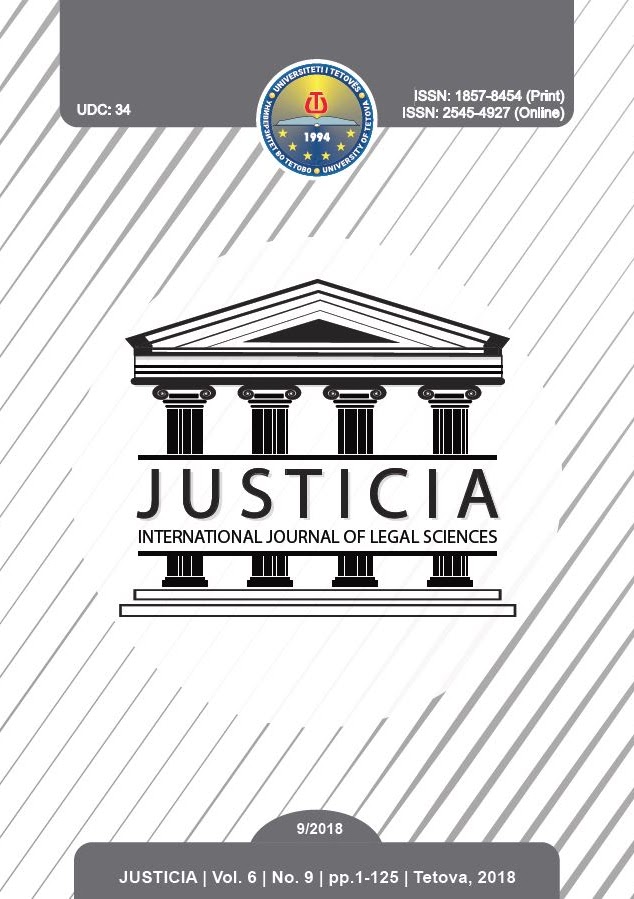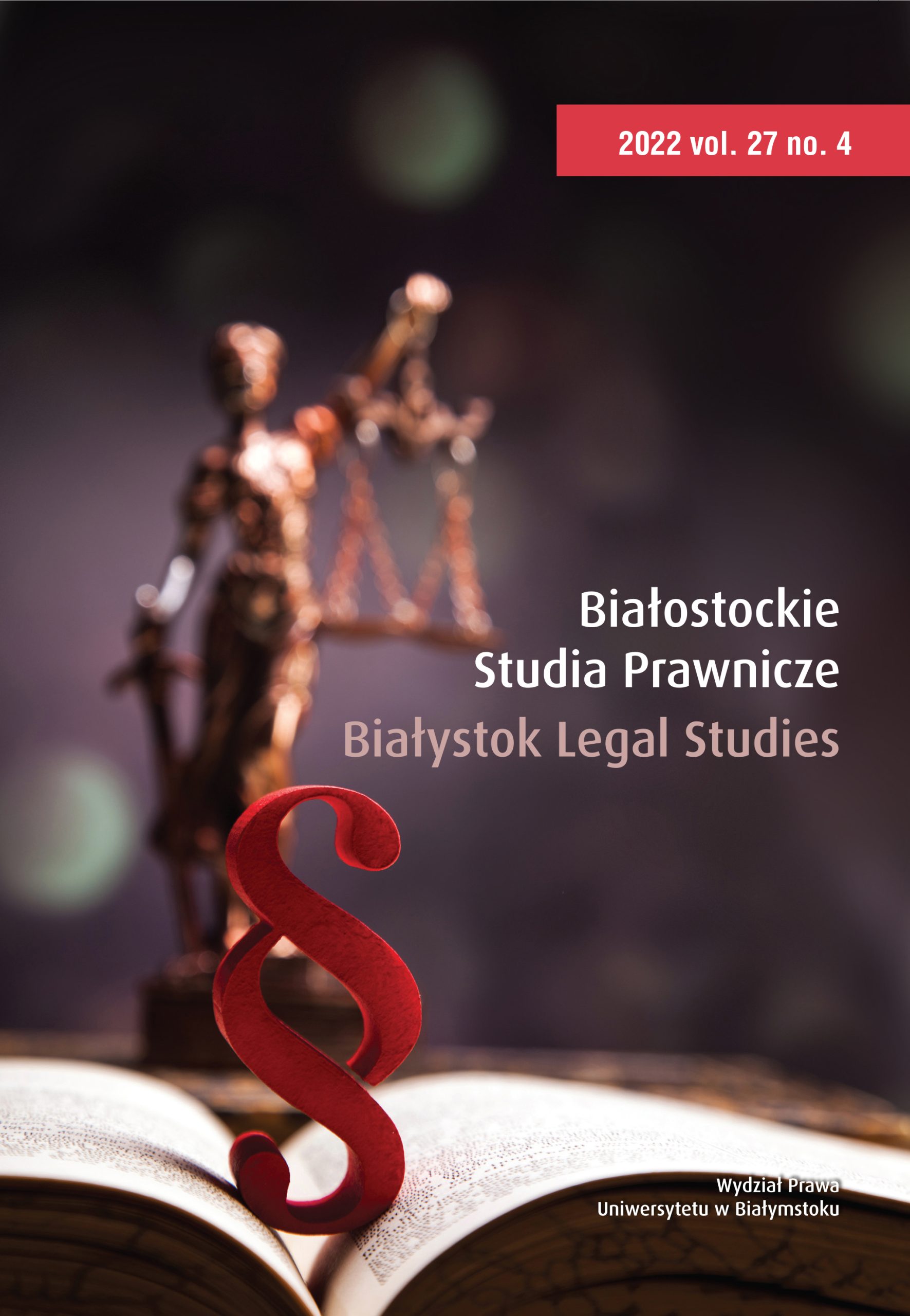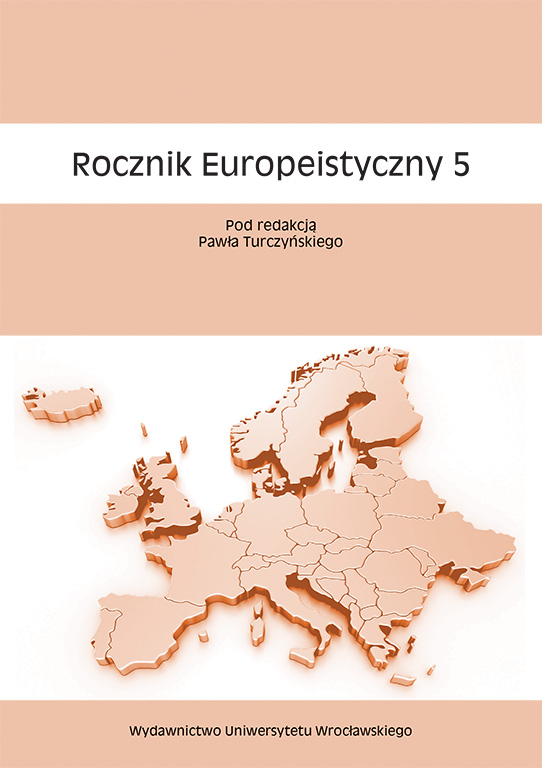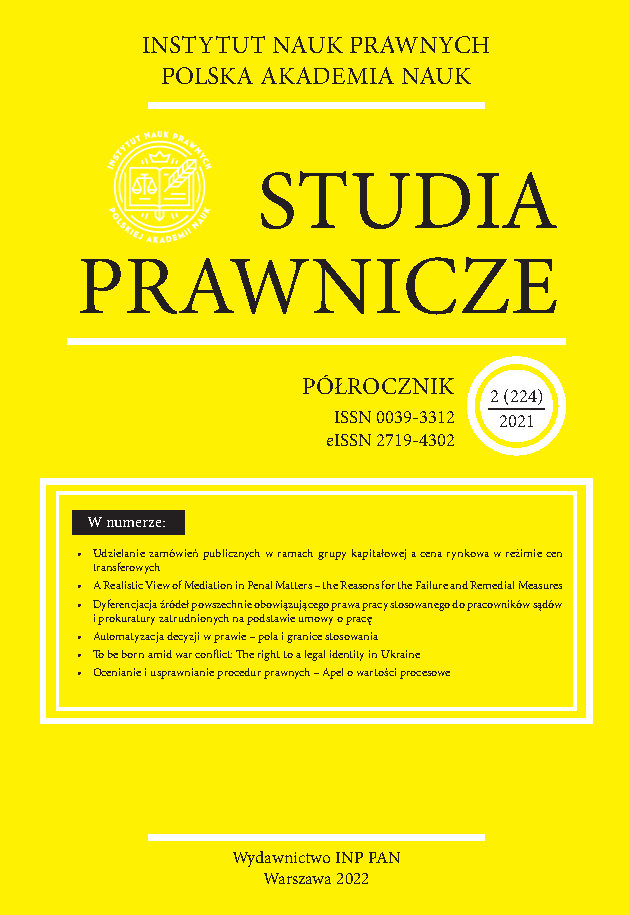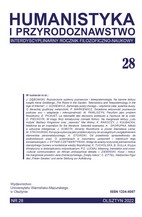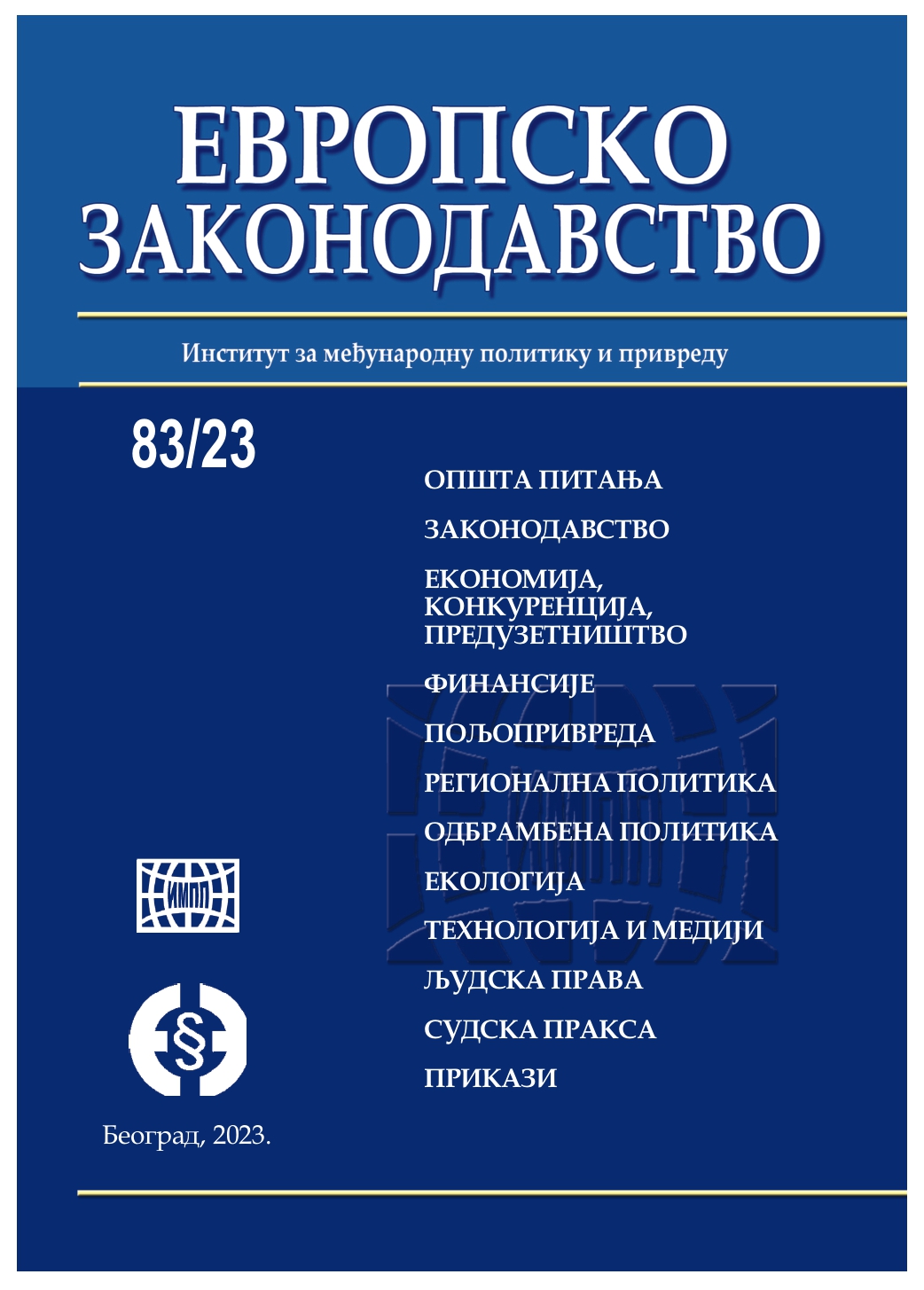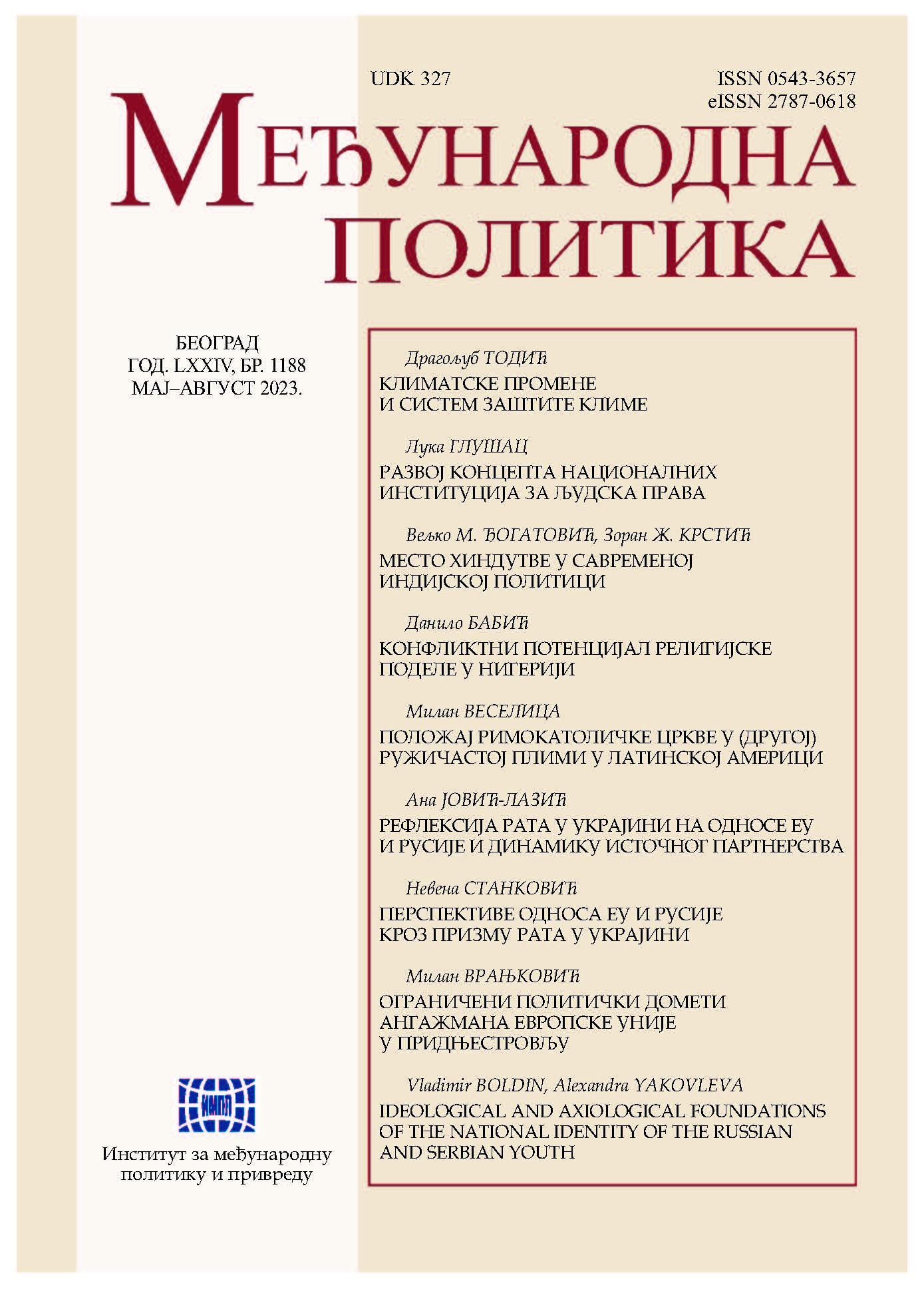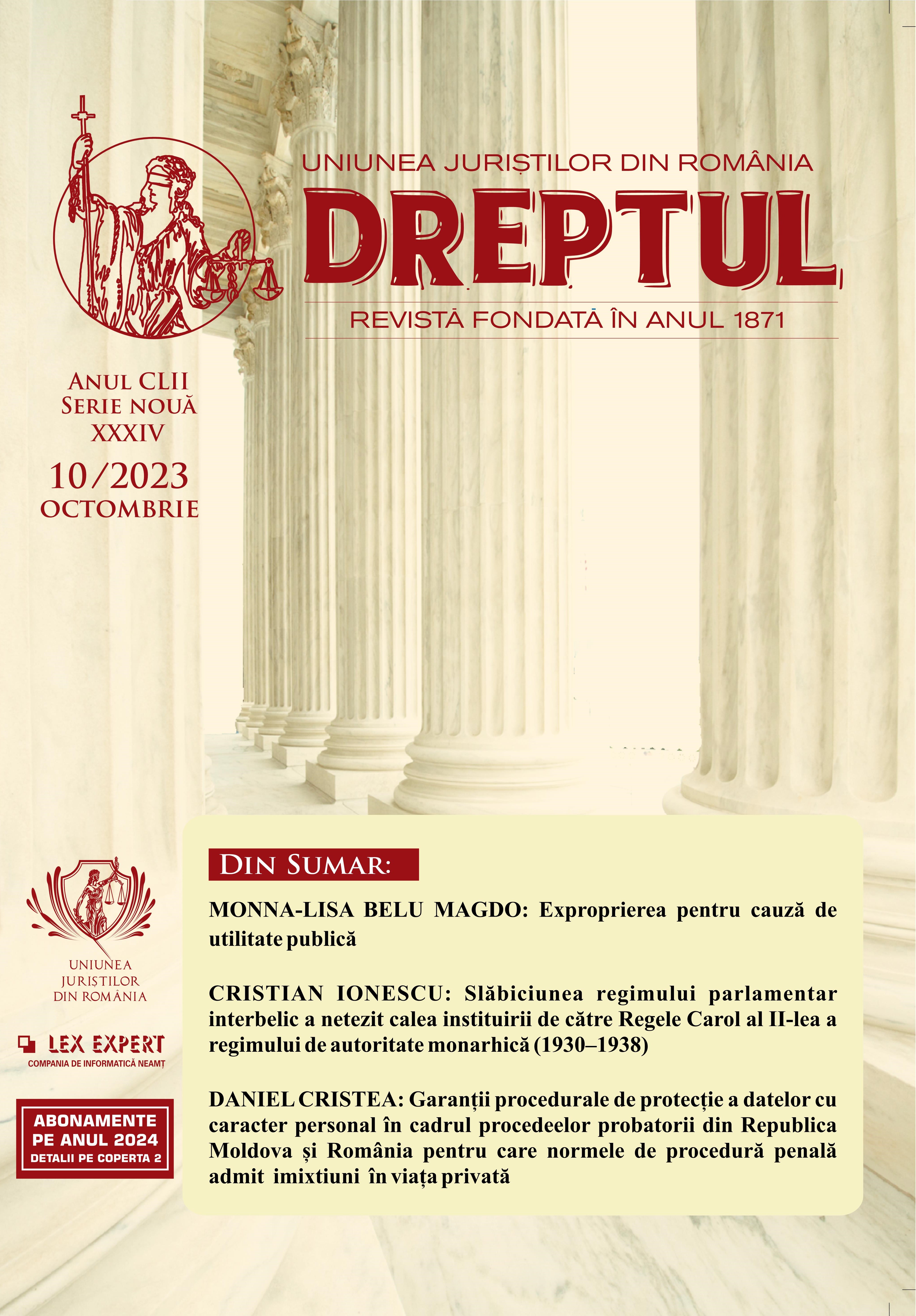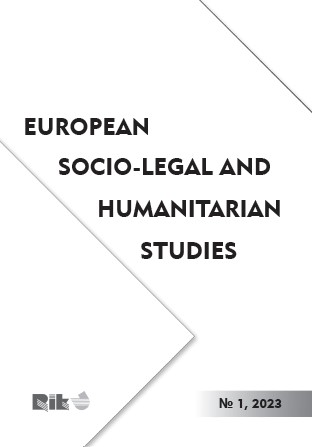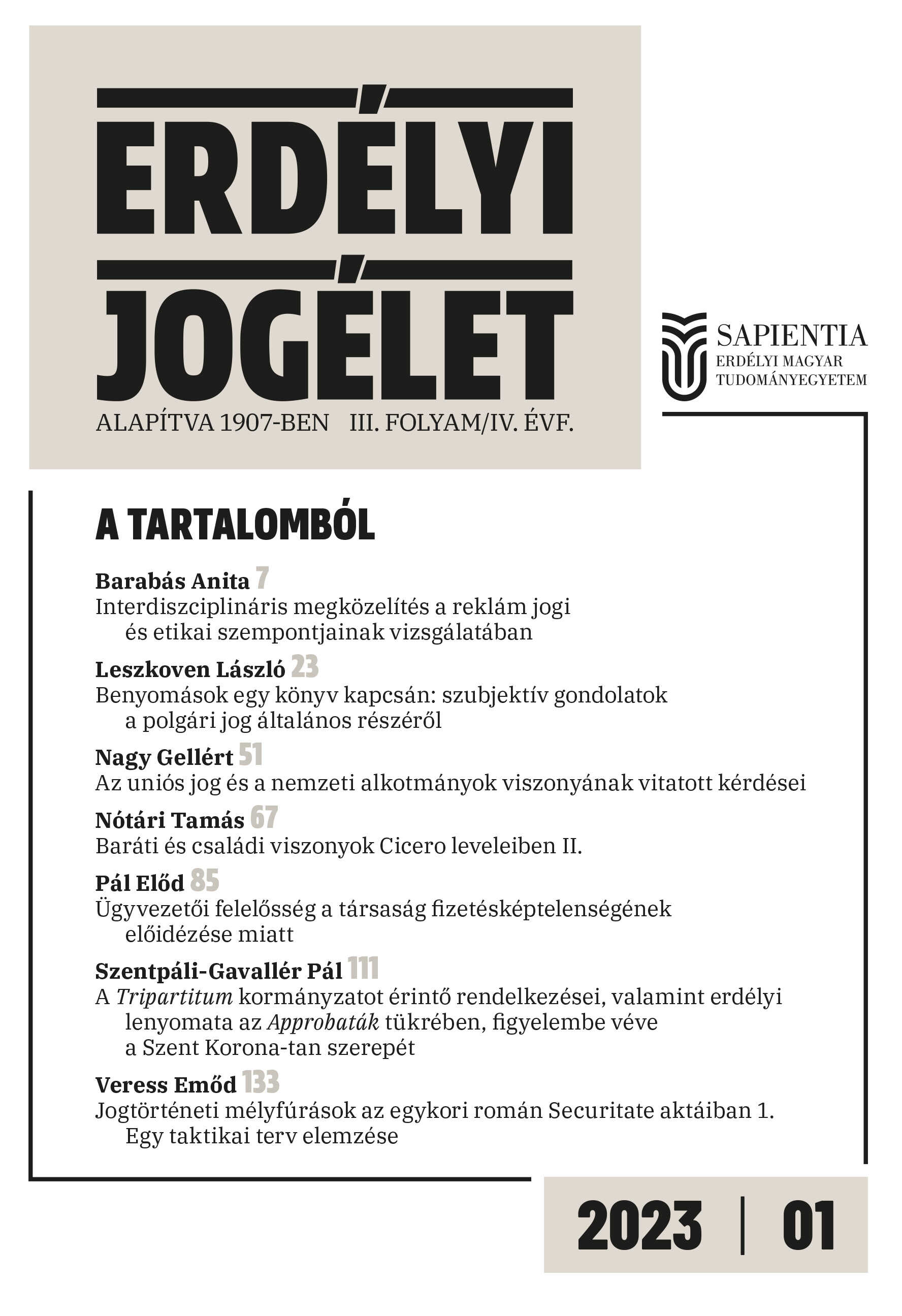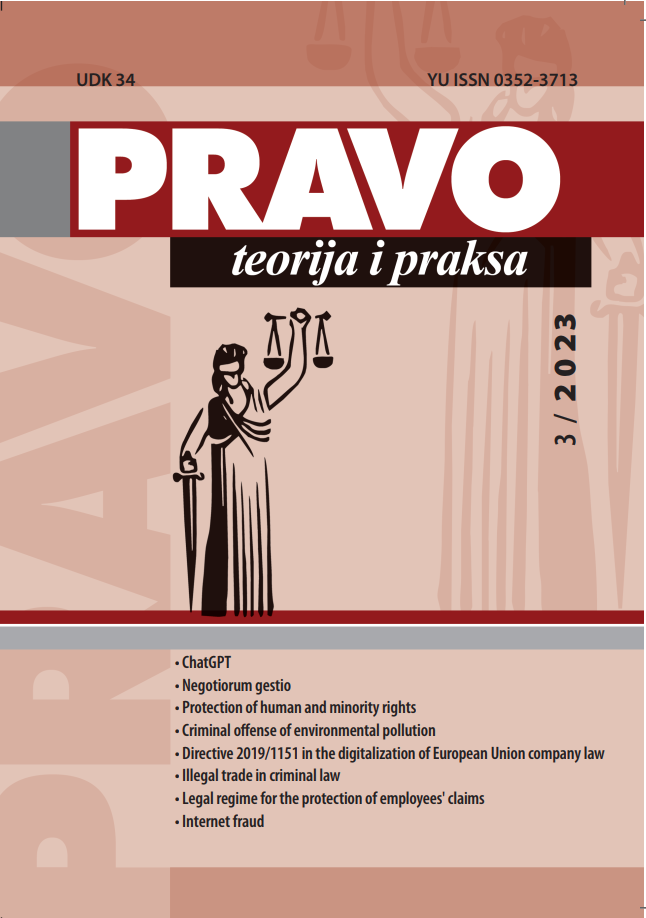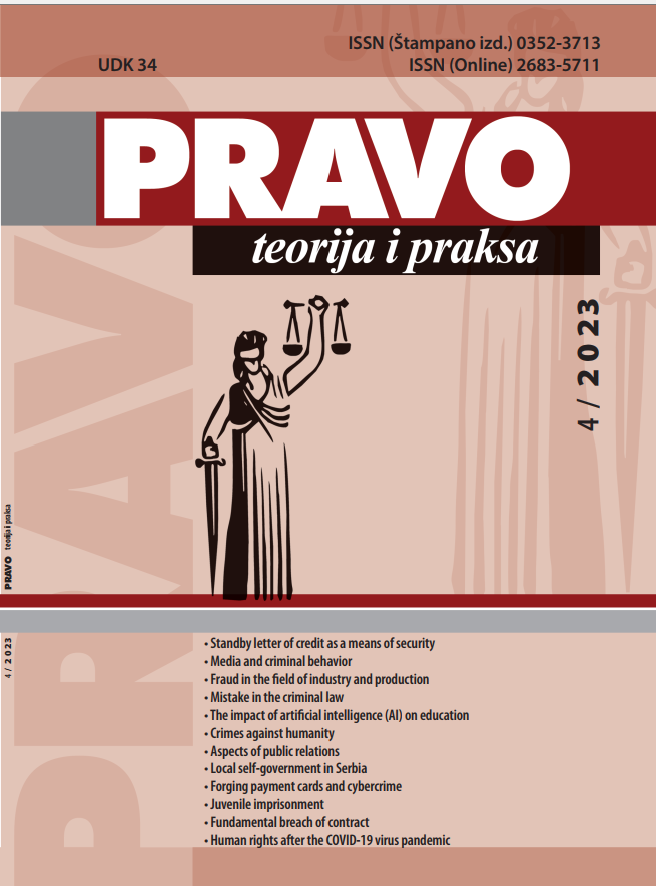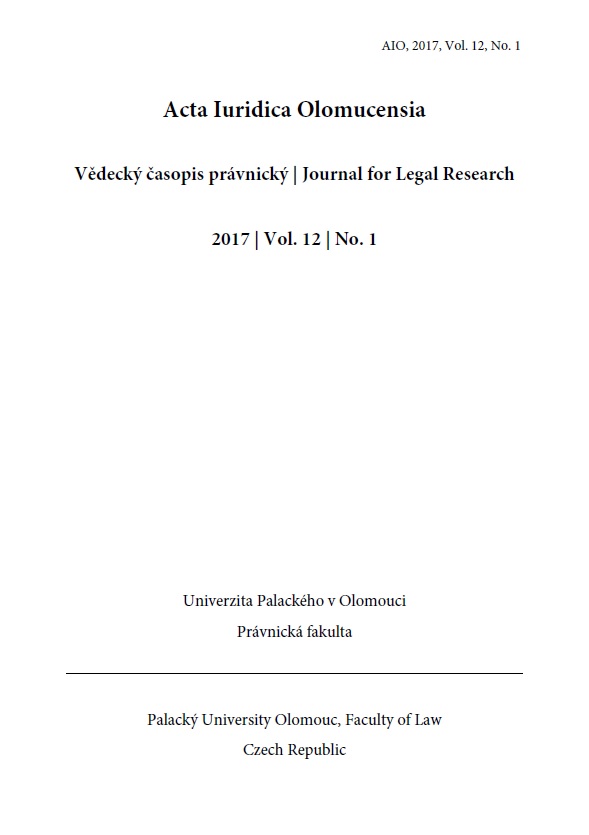
Správní sankce z pohledu Rady Evropy
The article deals with legally binding and non binding acts of the Council of Europe regulating the area of administrative sanctions and related case-law of the European Court of Human Rights. Emphasis is placed on the relevant articles of the Convention and content of the resolutions and recommendations of the Council of Europe Committee of Ministers.
More...
